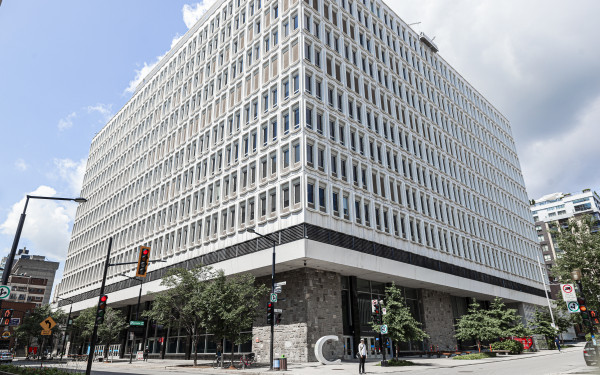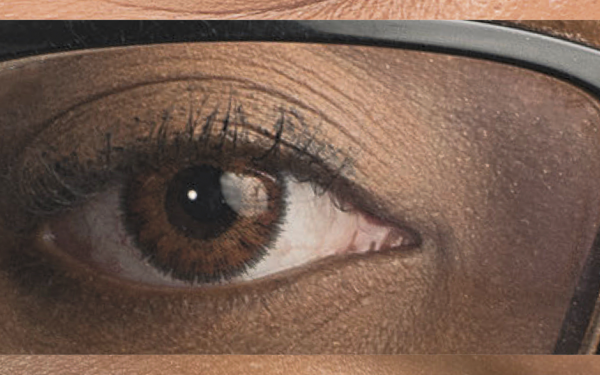Editorial: Blacklisting Media Is Not a Solution
So you may have heard about all the commotion surrounding The Link this week.
To recap, the executive team of the Arts and Science Federation of Associations released a public letter on Feb. 6 stating that they would cease communication with our newspaper. The executive team then reversed their decision during a meeting on Thursday, Feb. 9, mainly due to pressure by its council of member associations.
As an editorial team, we have chosen to remain silent on the issue until this point.
The letter, which the executive team explicitly states didn’t represent its council’s views, accuses The Link of having unethical practices—without naming any specific examples as evidence.
Those specific details came out at Thursday’s meeting.
A Women’s Studies Student Association councillor explained that a Link reporter did not announce their presence at a public meeting in mid-November for the planning of ASFA’s task force, and that they recorded it without the consent of the participants. The meeting, they said, consisted of individuals describing their personal, emotional, and sometimes traumatic experiences—such as racism, sexism and transphobia. The reporter’s presence, they added, made participants feel uncomfortable.
This is a very serious accusation, and one that we don’t take lightly. There’s just one problem with this story, though—it’s completely false, and we have the audio to prove it. In the hour-long recording of the meeting in question, The Link reporter identified themselves as a reporter, and clearly stated their intention of covering the meeting.
The audio also shows that the only subject discussed that evening was the hiring of a new advocacy coordinator, as the Facebook event for the meeting described. No explicitly personal or sensitive information was even presented—no stories from survivors, no personal experiences with racism, just a typical procedural meeting.
Not only is ASFA’s version of how the meeting went a fabrication, The Link never published a story about the meeting at all. The lack of reporting on this meeting is a failure on our part. ASFA is legally mandated to create a task force by the Centre for Research-Action on Race Relations as part of the settlement that was reached following the Mei-Ling case. They have yet to do so and it is our duty to follow-up.
If this is their only evidence, then that means that the ASFA executive team abused their platform to make baseless, false—and frankly slanderous—statements.
Also important to note—the executives have had no issue with reporting on task force meetings in the past, as The Concordian has published multiple articles on the events last semester.
If there was a different issue with The Link reporter, it was ASFA’s responsibility to reach out to us when their concern originally arose three months ago. No one did, though.
If individuals or groups object to our reporting, there are different avenues in place to hold us accountable. Some possibilities include: writing a letter to the editor, commenting on the story on any of our multiple online platforms, or reaching out to our managerial team, including the editor-in-chief and managing editor. Blacklisting media should not be considered an option, as it does not solve any problems.
On Tuesday, Feb. 7, the president of the Commerce and Administration Students Association suggested that their Board of Directors consider mimicking ASFA’s statement against The Link. The main reason being that they were unhappy with a story detailing how a refund policy of their Halloween party was handled.
The executives of both ASFA and CASA, as well as all other student associations, are elected officials and must be held accountable—just as we should. They deal with student money, and a lot of it. Without student media, most of their activities would go unreported. They don’t have to like us, but that shouldn’t deter them from acting as public representatives of the students who elected them. We aim to report fairly, but we’re not in the business of public relations.
There is a lingering sentiment that our reporter was in the wrong for recording the meeting back in mid-November. With how this situation unfolded, it’s clear now that this audio is essential to holding ourselves accountable and, in this case, proving ourselves right.
While we at The Link still look forward to restoring dialogue, we cannot ignore the egregious way in which the ASFA executive team dealt with their grievances.






_600_375_90_s_c1.jpg)
_600_375_90_s_c1.jpg)